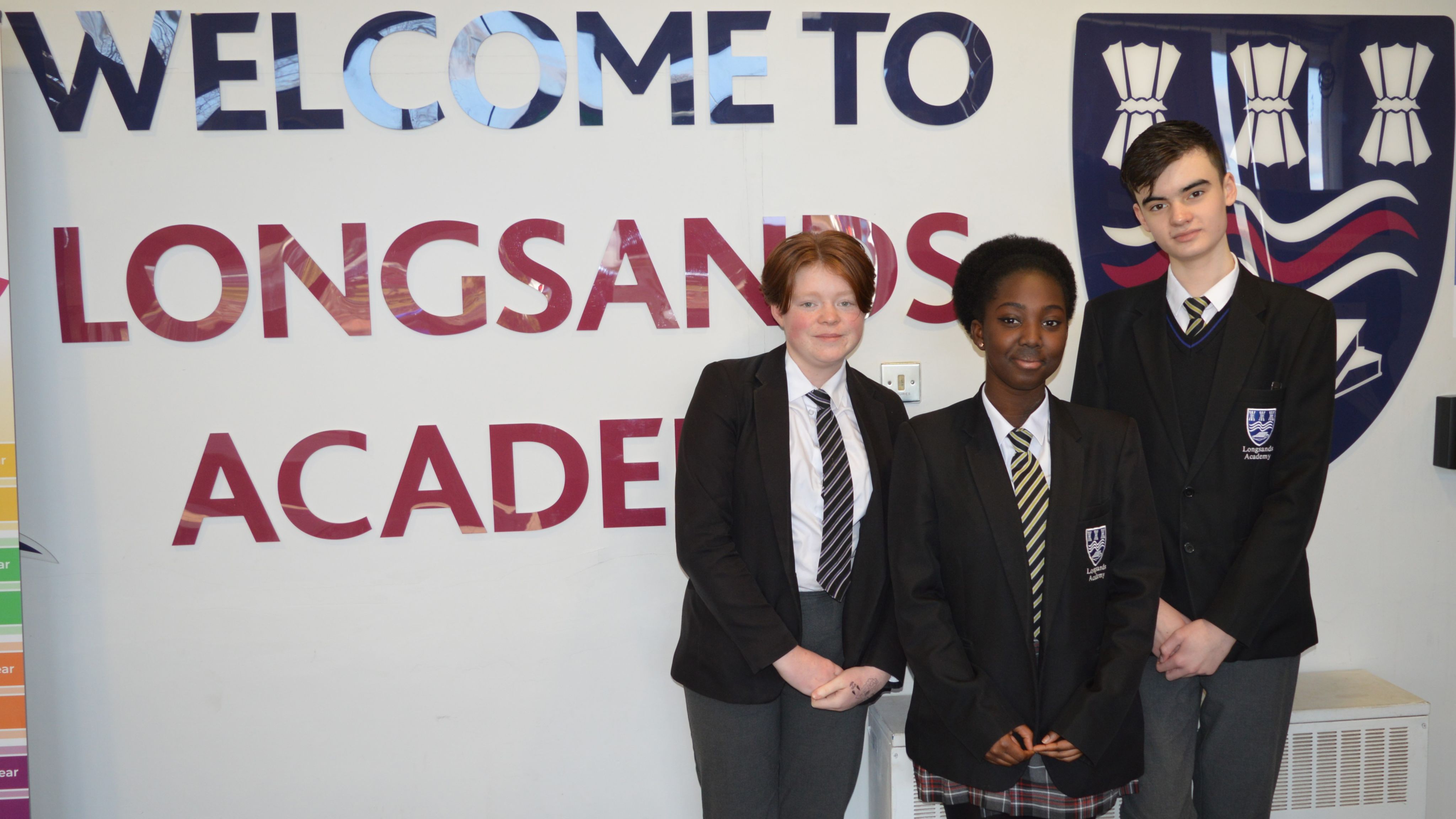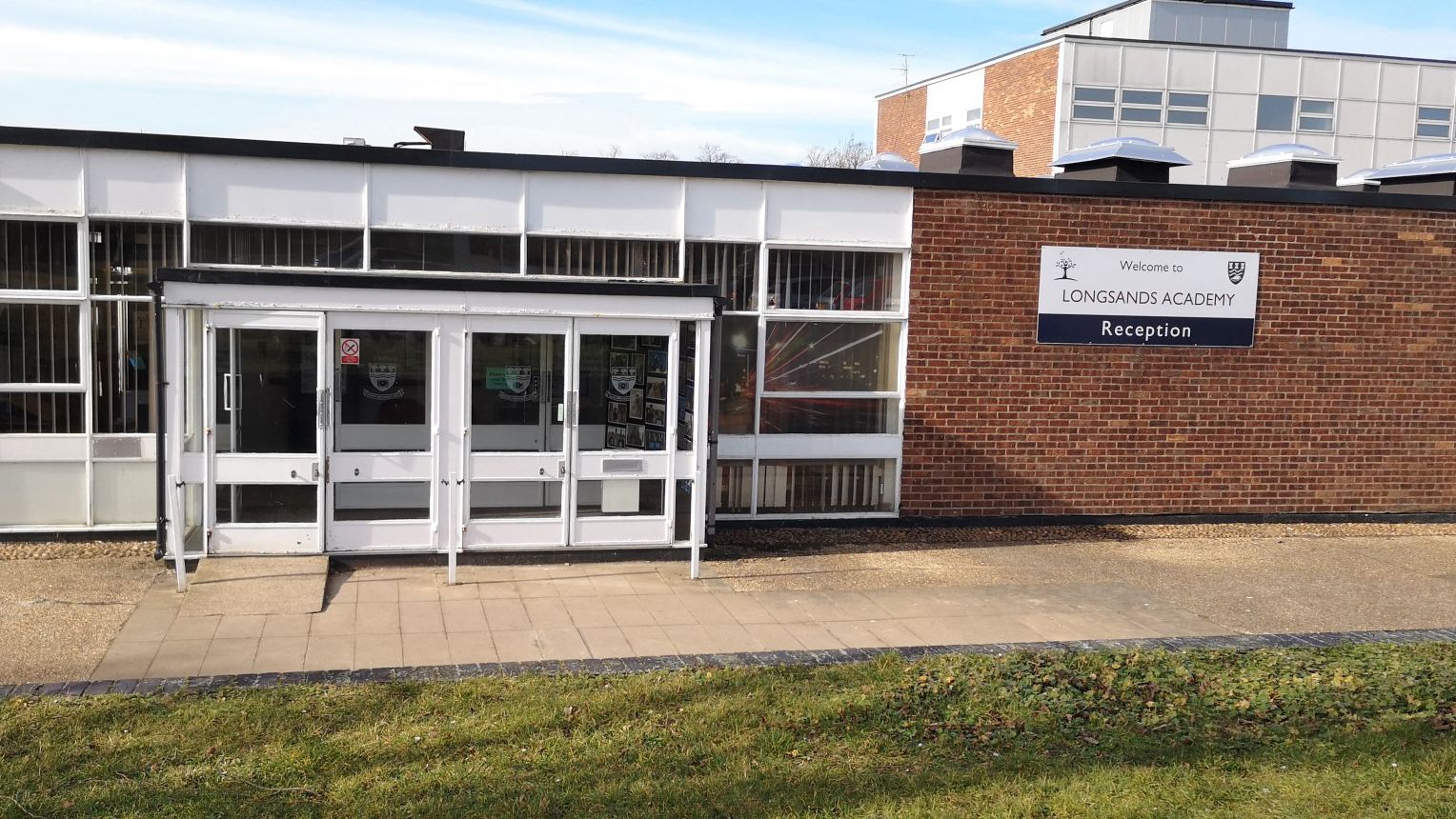

“We can teach BAME authors and still do Shakespeare”
The Cambridgeshire school reframing debates on inclusive education

A Cambridgeshire school is creating its own policy on inclusive education, after research highlighted multiple representation gaps in the curriculum, and the critical role of teachers in addressing them.
Longsands Academy, in St Neots, is considering measures which include publishing a “statement of intent”, co-developed by staff, about how it will guarantee that pupils learn about different cultures and societies. It is also planning teacher training across all subjects, so that staff can facilitate classroom discussions about different cultures with confidence.
The intervention follows a review by one of the school’s teachers, Susannah Prabhu-Naik, with support from academics at the University of Cambridge. This analysed the Year 10 GCSE curriculum and initially focused on three subjects: business studies, English and history.

All three curricula were found to under-represent non-white and non-European cultures. Following the report, which has been published by the British Educational Research Association, a further review was undertaken covering all Year 10 subjects, with similar results.
The school now wants to develop a clear set of standards on inclusive education to address these representation gaps. In doing so, however, school leaders also hope to demonstrate how education can be made more diverse without being subjected to reductive “either/or” debates.
Much of the time, what we really mean by decolonising the curriculum is just widening it.
The report notes, for example, that attempts to improve representation in the curriculum have often been misinterpreted as “cancelling” parts of it, with examples including the infamous accusation that schools might stop teaching Shakespeare to accommodate non-white authors. It also observes that ‘decolonisation’ – the term often attached to such interventions – is potentially provocative and can add to the sense of controversy surrounding them.
Prabhu-Naik, who teaches English at Longsands Academy, said: “Much of the time, what we really mean by decolonising the curriculum is just widening it. Teachers know that it’s entirely possible to teach BAME authors and still do Shakespeare, and the curriculum can – and should – do both.”
“Our investigation into these challenges showed us that often teachers want to be inclusive but aren’t fully empowered to do so. We need to be clear about what we mean by a diverse curriculum, not just for the sake of staff and pupils, but also for parents. They have a right to know why we are teaching certain texts or taking certain approaches. It’s as much about informing the community as about working out where we want to be as a school.”
Not many schools are doing what Susannah is doing at Longsands... it’s teachers, students and families who will lead positive change.
Longsands is part of the Cambridge Partnership: a network of 250 schools which guide and support the University of Cambridge’s PGCE programmes for trainee teachers. Staff at participating schools also receive professional development support from the University’s Faculty of Education. A session run by Dr Haira Gandolfi, an expert in diverse curricula, inspired Prabhu-Naik to undertake the review.
Gandolfi then provided informal guidance throughout the review process. “Not many schools in England are doing what Susannah is doing at Longsands,” she said. “The most important thing is that it’s being driven by teachers themselves. We can produce all the academic scholarship we like, but in the end it’s teachers, students and families who will actually lead positive change in this area.”
The general under-representation of non-white societies in the national curriculum is widely documented. Research by the Runnymede Trust in 2021, indicated that about 0.7% of GCSE English Literature students will study a text by an author of colour, and 0.1% study a novel by a woman of colour. Prabhu-Naik’s research found that, similarly, the limited choice prescribed by exam boards meant that courses at Longsands tended to overlook non-white cultures.
Her review also found that Europe was often presented as the epitome of “correct” morals and ideas. In business studies, for instance, Asian and Black entrepreneurs were typically depicted as unsuccessful, while large and successful firms were associated with white people. One student reported they had learned to associate certain non-European countries with the idea of child labour.
At the same time, Longsands’ audit acknowledged that at school level, the curriculum is mediated by teachers. Interviews with staff showed that many felt a deep sense of responsibility to address its wider shortcomings, and persistently tried teach around prescribed subject matter, represent diverse perspectives, and start classroom discussions about tolerance and embracing difference.
I like it when we are able to voice our opinions on a text. It’s like scrolling through TikTok and choosing an opinion you agree with, except you don’t get trolled afterwards.
Prabhu-Naik also interviewed students, who were often not only aware of the problem but welcomed the efforts their teachers were making. “I like it when we are able to voice our opinions on a text,” one told her. “It’s like scrolling through TikTok and choosing an opinion you agree with, except you don’t get trolled afterwards.” Another said: “Britain is far more multicultural than what we see in the texts we do in class”.
Despite this, the review found that many teachers felt they lacked resources, time and training to address barriers to inclusive education consistently. They also often perceived an inherent tension with the requirements of the exam syllabus. “It is hard to be overly moral with information,” one Head of Department told Prabhu-Naik. “Empathy isn’t a key skill they need for the exam.”

In response, Longsands is planning to integrate diversity training into its existing programme of continuing professional development for staff. Through this, it hopes to establish a clear set of school-wide standards and a framework enabling all of its teachers to contextualise and widen the subject matter the curriculum covers.
“The first step is to build a vision based on a collective understanding of what we mean when we talk about culture,” Prabhu-Naik said. “One thing our research has shown us is the often overlooked role of teachers as curriculum designers. If we can empower them to broach these subjects, teachers themselves will start to overcome some of the existing barriers to inclusive education.”
The report, Diversifying our curriculum: Rediscovering the power of our narrative voices, is available on the BERA website.
Images in this story show students at Longsands Academy and the school, by permission of Longsands Academy.